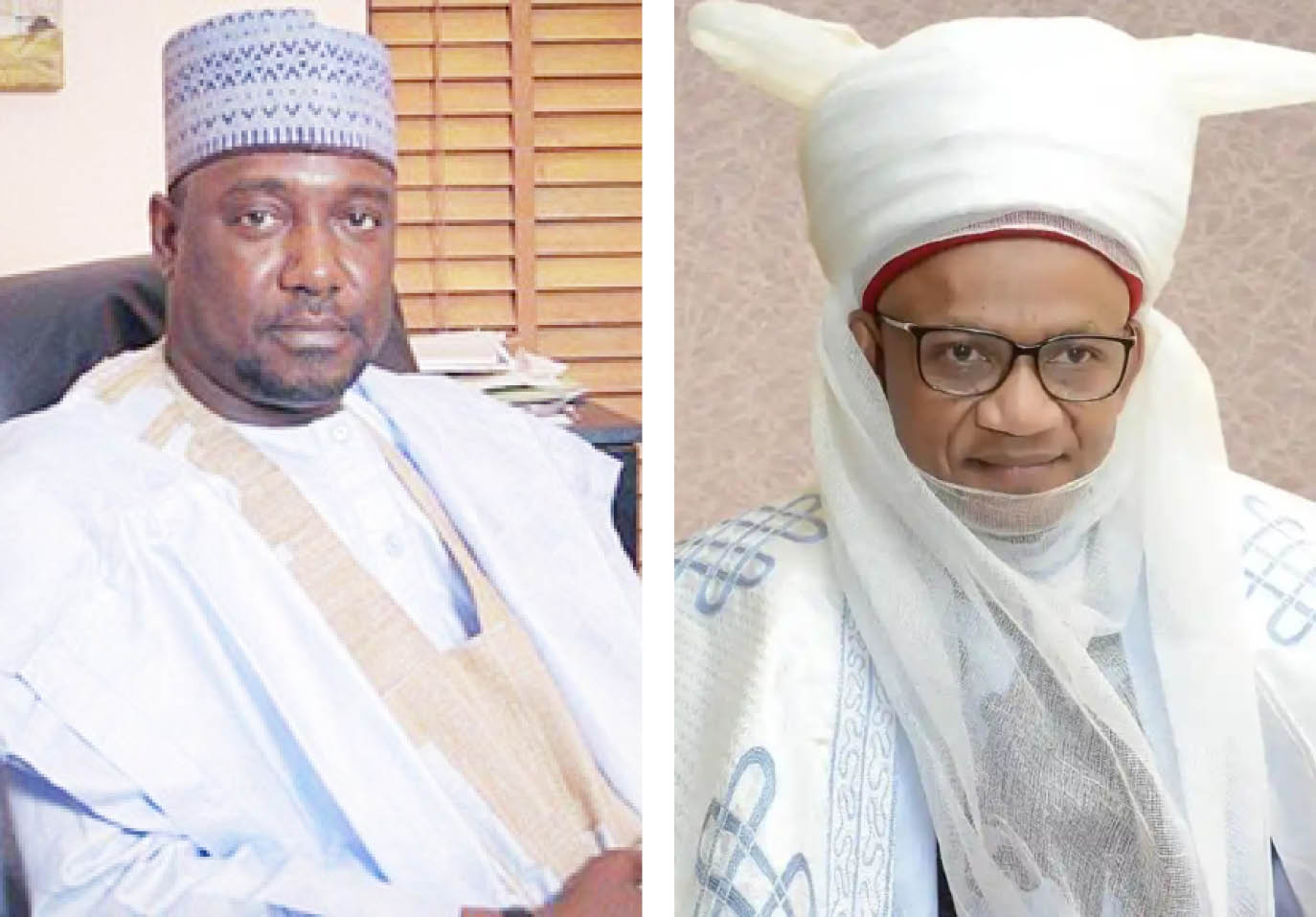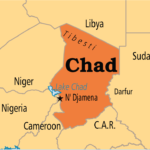As the intrigues over who succeeds the late Emir of Kontagora, Alhaji Saidu Namaska continue, other traditional rulers from the state putting efforts to ensure that the issues around the kingship tussle do not degenerate and are resolved amicably. Daily Trust on Sunday report.
Traditional rulers in Niger State, led by the Etsu Nupe and chairman, Niger State Council of Traditional Rulers, Alhaji Yahaya Abubakar, met on Friday with the contestants for the throne of the Sarkin Sudan Kontagora in Minna, the state capital to ensure that the tussle does not degenerate, Daily Trust on Sunday learnt.
A reliable source told our correspondent that Mika Anache, a lawyer, represented other 45 contestants in the meeting.
“I don’t know the conclusion of the meeting, but traditional rulers met with the contestants today (Friday). The 46 contestants, who petitioned the process, were represented by Anache. The essence of the meeting was to reconcile the contestants and ensure that the issue does not degenerate to court battle,” the source said.
Residents of Kontagora had observed two consecutive Friday prayers without the Sarkin Sudan. The stool became vacant following the demise of Alhaji Saidu Umaru Namaska on September 9, 2021 at the age of 84, after spending 47 years on the throne.
Daily Trust on Sunday reports that the selection process of the seventh Sarkin Sudan has generated controversies, with contestants accusing kingmakers and the commissioner for local government, community development and chieftaincy affairs of abusing the process.
The position was keenly contested by 47 princes from various royal homes. As concerns mounted over the high number of contestants, a historian, Associate Professor Salau Mohammad Lawal of the Department of History and International Relations, Ibrahim Badamasi Babangida University, Lapai, said it showed there was an increased level of awareness among the people to partake in the promotion and preservation of their cultural heritage.
“There is nothing wrong in having a large number of contestants; it is a very good development,” he said.
The chairman of the electoral college for the vacant stool, Alhaji Shehu Yusuf Galadima, had assured of free, credible and fair process.
“We are prayerful, resolute and determined to make sure that the election is historic. We have it as a task to be just, in accordance with the principles guiding the election process to make sure there is no favouratism,” he added.
One of the elders in the emirate council, Major-General Suleiman Saidu (retd), also assured that no contender would be given a preferential focus by the electoral committee.
Galadima has kept sealed lips on the process since the election took place, but the chairman of Kontagora Local Government, Alhaji Shehu S. Fawa, told our correspondent that it was peaceful. He, however, added that only the governor has the mandate to announce the winner. The governor has been out of the country.
Controversies became rife when the Commissioner for Local Government and Chieftaincy Affairs, Abdulmalik Sarkin Daji, a lawyer, announced on Landmark FM that one of the contestants, Mohammed Barau Kontagora, scored the highest votes, but reiterated that only the governor could pick the next monarch among the leading contenders.
In reaction, the other 46 contestants, represented by Anache, petitioned the process and results, praying the governor to cancel the election and remove the commissioner, stating that he is “incompetent and lacks the capacity to handle the affairs of the Kontagora Emirate Council.” They also prayed the governor to direct the kingmakers to conduct a fresh election.
Also, the Magajin Rafin Kontagora, one of the elders in the palace of the Sarkin Sudan, Alhaji Hassan Sani Kontagora, in an interview with the BBC Hausa Service, questioned the originality of the selection process.
He said, “The election was done by five kingmakers. Why were they only five? In Kontagora, those selecting the king are usually seven—the kingmakers are six, then the chief imam of the town. Where was the chief imam in the last election? If he was not there, why? Secondly, were there criteria that every contestant must fulfill? Did they assess every contestant?”
In reaction to the prayers of the petitioners, Governor Abubakar Sani Bello directed the redeployment of the commissioner for local government, community development and chieftaincy affairs to the Ministry of Youth Development, while the Commissioner for Youth Development Emmanuel Umar took over.
The governor, in a statement through the Secretary to the State Government, Alhaji Ahmed Ibrahim Matane, noted that the decision was “to reinforce the state government’s neutrality in the election process.” He also directed a review of the process.
All efforts to hear the side of the five kingmakers on the decision of the governor were not successful as none of them wanted to comment on the matter.
But Matane told our correspondent via a text message that, “Mr Governor has directed for a review of the process to validate the claims and counterclaims of various stakeholders. Thereafter, other actions will be considered.”
The chief of staff to the chairman of Kontagora Local Government, Musa Abdullahi Kwazo, also said, “Everybody, including the kingmakers, is in darkness for now because the directive governor gave the new commissioner in charge of local government and chieftaincy affairs was to review the process, which may mean conducting a fresh election.”
When contacted, one of the contestants, Anache said his understanding of the review was conducting a fresh election.
“Very soon we will have another round of election. That one is nullified because the process was faulty,” he said.
He, however, said the kingmakers were not responsible for the crisis.
“The kingmakers did their best. What happened was not their fault. It was the fault of politicians who wanted, or attempted to bastardise the system,” he said.

 Join Daily Trust WhatsApp Community For Quick Access To News and Happenings Around You.
Join Daily Trust WhatsApp Community For Quick Access To News and Happenings Around You.


